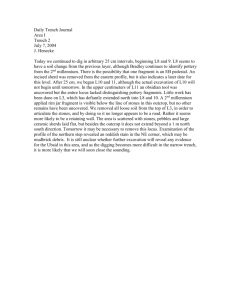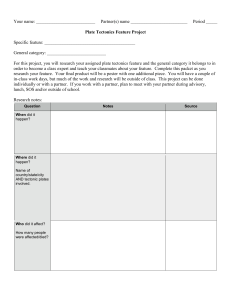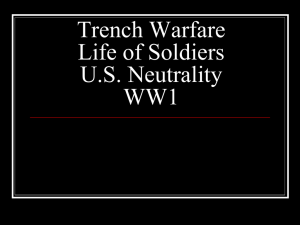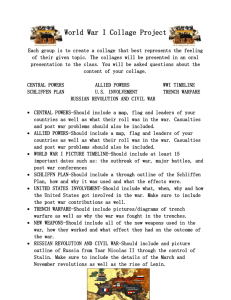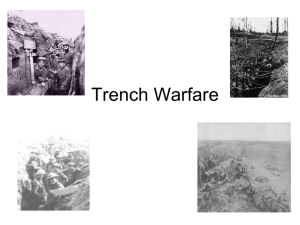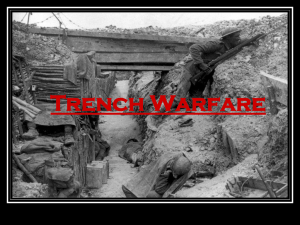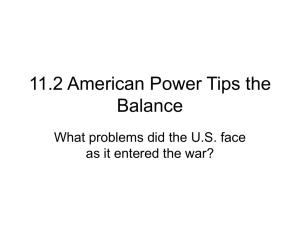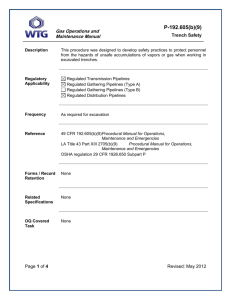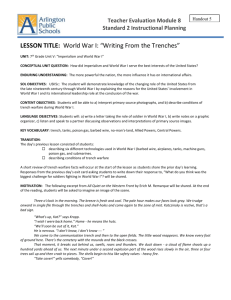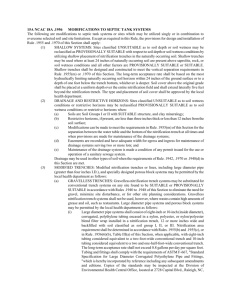According with Mr Shehab, for the second season of excavation in
advertisement
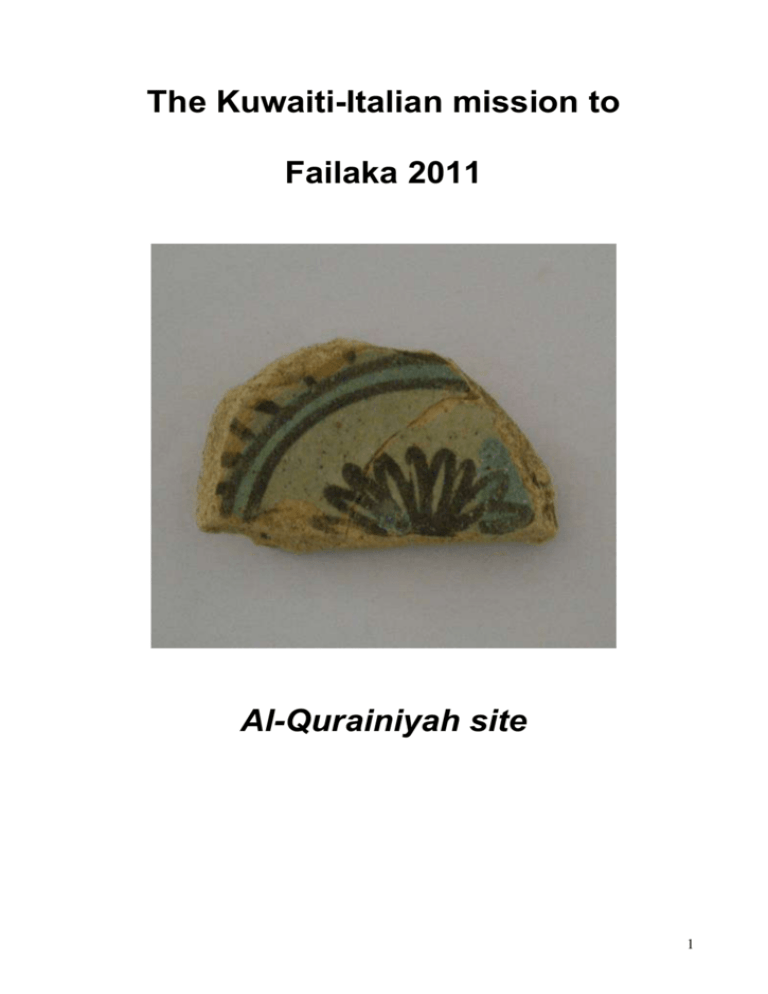
The Kuwaiti-Italian mission to Failaka 2011 Al-Qurainiyah site 1 Weekly Report fourth Week th From 29 of January to 3th of February Trench 1 Trench 1: ( Plan 1) In the fourth week of work, we finished removing the layer SU 48, placed on the entire surface of the hall and we identified an additional ground floor, (SSUU 89, 79, 92, 93) SU 89 2 SU 89 made with a series of mud-brick placed on top of a compact layer of earth (SSUU 96, 86), SU 86 positioned on the entire surface of the hall 1. The brick have different dimensions and are not placed with a specific order. In Part E of the structure was possible to clarify the presence, in relation with this phase , of a wall (SSU 91, 94), made of a single row of mud bricks, which divided the structure into two rooms of different sizes: a larger one on the W part, and a smaller in E part. 3 SU 91 on the left, SU 94 on the right Between the two sides of the wall was probably recovered a threshold (SU 80) that allowed the passage from one room to another. At the same time we began to excavate the exterior part of the structure , removing the layer in relation with the last phase of life (SU 78) identifying a second layer (SU 88) in which there was a posthole, (SU 90) placed in front of the threshold SU 55. SU 88 1 4 Trench 2: (The design of this part of the excavation is in progress). In the fourth week of excavation we continued to remove the big layers of sand, ashes and charcoal positioned on the entire surface of the trench; Below this layer has been identified a plan of compact sand with no trace of ash (SU 208) that covered the entire surface of the trench. The removal of U.S. 208 has permitted to identifie an accumulation of stones (SU 209) and the top of a wall with EO orientation (SSU 210); SU 209 and SSU 210 Between the layer of stones and the top of the wall was a layer of burnt, located in the N part of the trench ( SU 216) SU 216 5 The collapse has been documented and removed in its entirety and below that it was possible to recognize a second wall (SSU 215), with NS trend, perpendicular to SSU 210 and abutted to this in a second phase. SU 215 The two walls thus creating an angle, probably attributable to a room (mostly under the NE section of the trench) with a sandy floor (SU 211) in which was placed a vase ( a jar), found in very good condition. (SU 213) SU 211 6 SU 213 Outside the room, in connection with the inside floor, was found a second layer of compacted sand (SU 217), probably interpreted as the plane of life outside the building. Trench 3: The complete removal of the walls collapses has allowed us to identify the floor plane of the structure and the latest floors inside and outside the rectangular hall. Inside room 2 (NE) we identified a series of overlying floor plans, with clear tampering, arranged with layers of packed heart. For now we identified and excavated two layers; the first one, just below the collapses, ( SU 342) SU 342 was made by a compact layer of sand and shells, and is preserved only in the central part of the room. The second ( SU 354), made by smoothed clay, was probably reconstructed by a second layer of compact heart (SU 345) positioned in the middle part of the room. 7 SU 354 SU 345 In connection with two of this floors, (probably the last two before the last phases of the structure) along the wall SSU 306 we identified è cut, (SU 336) probably a gate, made by removing the stones of the wall, that allowed to enter the room after the construction of the wall SSU 305. SU 336 In the last phase this gate was closed by a series of stones put in place without mortar. (SU 326) SU 326 8 Outside the structure in the NW side, we finished to remove the layer of sand that covered all the area and we identified part of three floors, (SSUU 334, 352, 349) in relation with the different phases of life of the hall. SU 334 Trench 4: This week we decided to open a new trench in the upper part of the site in the area between the trenches 2 and 3. Geo-electric exploration shows in this area two long and narrow structures, that have no comparison in the rest of the site. We opened two trenches with 5x5 m. size and we started to remove the modern structures found in this area. 9 Plan 1 10 11 12 13
